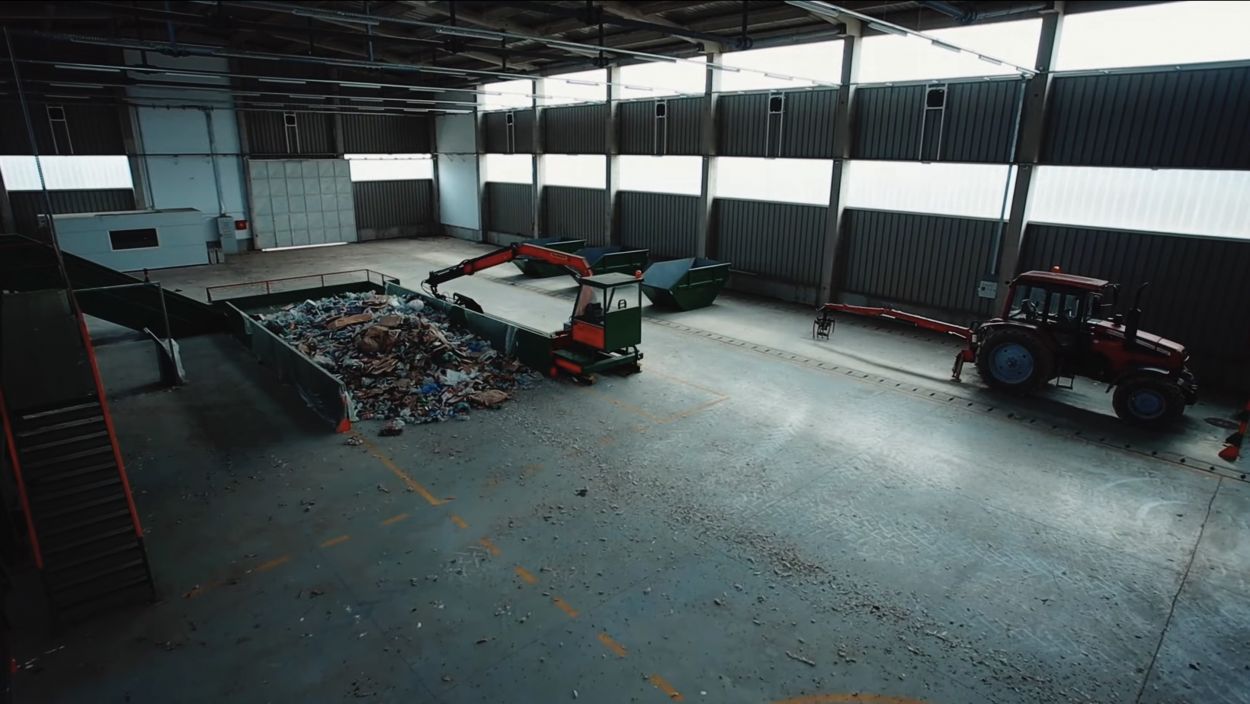Srem and Mačva breathe with full lungs: A common landfill for cleaner cities
"Environmental time bombs", "Unsolvable problem", "The reason why we do not breathe healthy air" - all these are sentences describing landfills in Serbia, especially the illegal ones. However, this does not have to be the case in a country that is proud of its beautiful nature. It is important only to unite, cooperate, have a plan and - a reliable partner.
Šabac and Sremska Mitrovica are one of rare examples of cooperation in the field of construction of communal infrastructure in accordance with the regulations of the European Union, which mostly financed the construction of the regional landfill.
The regional project for sanitary disposal of solid waste enabled the functioning of one of the largest regional landfills in Vojvodina and Mačva district. The "Srem-Mačva" landfill provides ecological waste disposal for more than 200,000 citizens. Also, the solid waste management plan will have long-term positive effects on the biodiversity of the area around the Sava River.
"All waste from Šabac is shipped over to the transfer station and brought to the regional landfill where it is sanitary deposited, whereas the waste from Sremska Mitrovica comes here directly. The basic guiding principle used from the beginning is to ensure the sustainability of the entire system, meaning that we have to provide sufficient collection of landfill fees through our work in order to make the system sustainable and continue to build and expand our landfill capacities", says Nenad Tomić, Assistant Director of the Regional Company Srem-Mačva.
Tomić reminds that the preparation activities of planning and project documentation for the construction of the regional system started in 2007.
"The Delegation of the European Union has recognised this project and has been actively involved since 2008. First, by preparing a feasibility study and then helping the process of building the whole system. For the purpose of managing the region, the regional company Regional Landfill Srem-Mačva was formed by the two founding cities, which manages the landfill itself and the transfer station in Šabac. "
It is important to mention, our speaker adds, that the regional landfill Srem-Mačva is only the second regional, sanitary landfill in the public sector that has come to life in Serbia, and the transfer station in Šabac is the first designed and first operational transfer station in the Republic of Serbia.
"Every year, more than 50,000 tons of waste come to the regional landfill in Sremska Mitrovica, from Šabac and Sremska Mitrovica, and some waste from Bogatić, because Bogatić is a relatively small municipality. So since the beginning of 2014, more than 350,000 tons of waste have been deposited."
The EU has provided over five million euros in grants for the implementation of the regional solid waste management project Sremska Mitrovica - Šabac, through the Municipal Infrastructure Development Support Programme (MISP). Additional support is provided through the "EU Exchange 4" programme implemented by the Standing Conference of Towns and Municipalities, and jointly implemented by the cities of Sremska Mitrovica and Šabac.
That is not the end of support, neither are its results.
"We are currently in the phase of drafting project documentation for expanding the capacity of the landfill, which will ensure uninterrupted disposal at this location in the next ten years, so that the entire investment of the European Union Delegation, for which we are extremely grateful, will be meaningful and sustainable for a long time."
The European Union is a world leader in environmental protection. The EU supports Serbia on its path to a healthier environment. By donating over 400 million euros in non-refundable aid to environmental protection, the EU is the largest donor in this area in Serbia.
With the EU financial support, Serbia is working to develop and implement environmental plans at a strategic level - a sustainable environmental system that creates a healthier environment and raises the quality of life.
